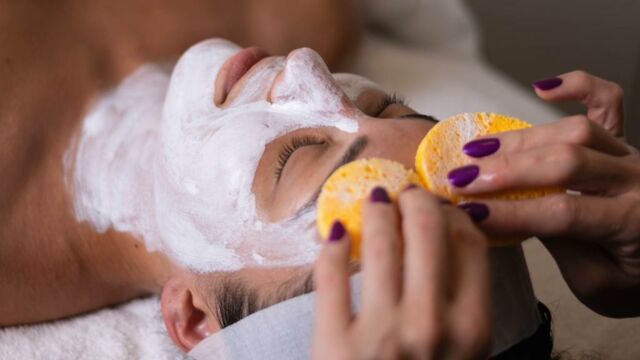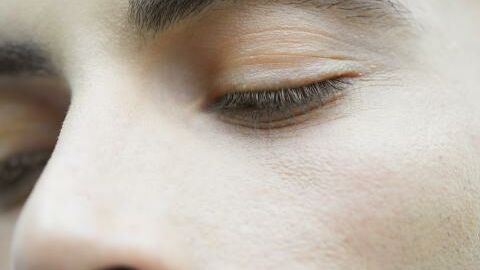For some time now, you have been incorporating anti-ageing skincare into your daily routine. It's a good idea to rely on specific products to preserve your skin and help it age gracefully. However, choosing the best anti-ageing product is not something you do lightly. The skin undergoes different evolutionary phases over the course of a lifetime, and the skincare product being applied must correspond to the skin’s precise needs in order to provide the desired results.
Discover our latest podcast
It is advisable to start applying an anti-ageing treatment from the age of 25-30. At this stage, it is more about prevention. At the age of 40, wrinkles start to appear and the aim is to slow them down. At the age of 50, the skin changes again and loses its tone.
Moisturisers, anti-wrinkle products, plumping serums, tensors... Which should you choose? If you have trouble finding your way around these products, this article is for you!
30 years old: moisturise the skin as much as possible!
Ah, the thirties... the most beautiful age, they say! At 30, your beauty is at its full potential and your face is not yet showing the first signs of skin ageing. That's why it's important to act now! To keep your skin as smooth, fresh, and plump as possible, include one or more preventive anti-ageing products in your daily skincare routine. At this age, you need to moisturise your skin as much as possible. Moisturising the cells is the number one priority for keeping your skin young and healthy.
So don't skimp on light, ultra-moisturising day creams with glycerine, sugars, and/or hyaluronic acid, which are excellent water retainers. Also, use moisturising masks which should be applied once a week, as well as moisturising care for the eye area. This area of the face is covered by extremely fine and fragile skin, which requires special attention.
From the age of 30 onwards, you should get into the habit of moisturising the eye area morning and evening, which will help to slow down the appearance of dark circles, puffiness, and those infamous crow's feet. Finally, don't forget to protect your skin from the sun (the main factor in the appearance of wrinkles!).
40 years old: time to plump up the skin!
From the age of 40, the skin's production of collagen and elastin slows down. These two molecules contribute to retaining water in the cells and tightening the epidermis. This drop in production leads to the appearance of the first wrinkles and fine lines, particularly on the forehead, the corners of the eyes, and the nasolabial folds. At this age, your mission will be to fight against this depletion of collagen with adapted anti-ageing care. You can opt for a day cream based on hyaluronic acid or other smoothing and moisturising active ingredients, such as peptides, which will have the effect of boosting the production of collagen and thus reducing fine lines.
In addition to your plumping serum, nourish your lips with an antioxidant treatment that will help them retain their colour and firmness. A little detail not to be overlooked: be generous and apply your skincare product beyond the face, to the neck and down to the décolleté. And always protect yourself from the sun.
50 years old: smoothing and tightening the face!
The age of fifty brings with it a reduction in the fibres supporting the epidermis. This reduction in tensile strength leads to sagging skin on the face. If you have used anti-ageing products correctly over the past few decades, you should still have a smooth, radiant complexion at 50, as many stars like Halle Berry do. You'll now need to work on skin firmness, replacing your plumping skincare products with tensor products based on polysaccharides, wheat, or oats, which can boost elasticity.
Hyaluronic acid formulas are also always a good way to maintain hydration and increase the density of the epidermis. Finally, the age of fifty is also often characterised by the arrival of pigmentation spots, the appearance of which can be limited by using products with a papain base and/or an SPF index.















